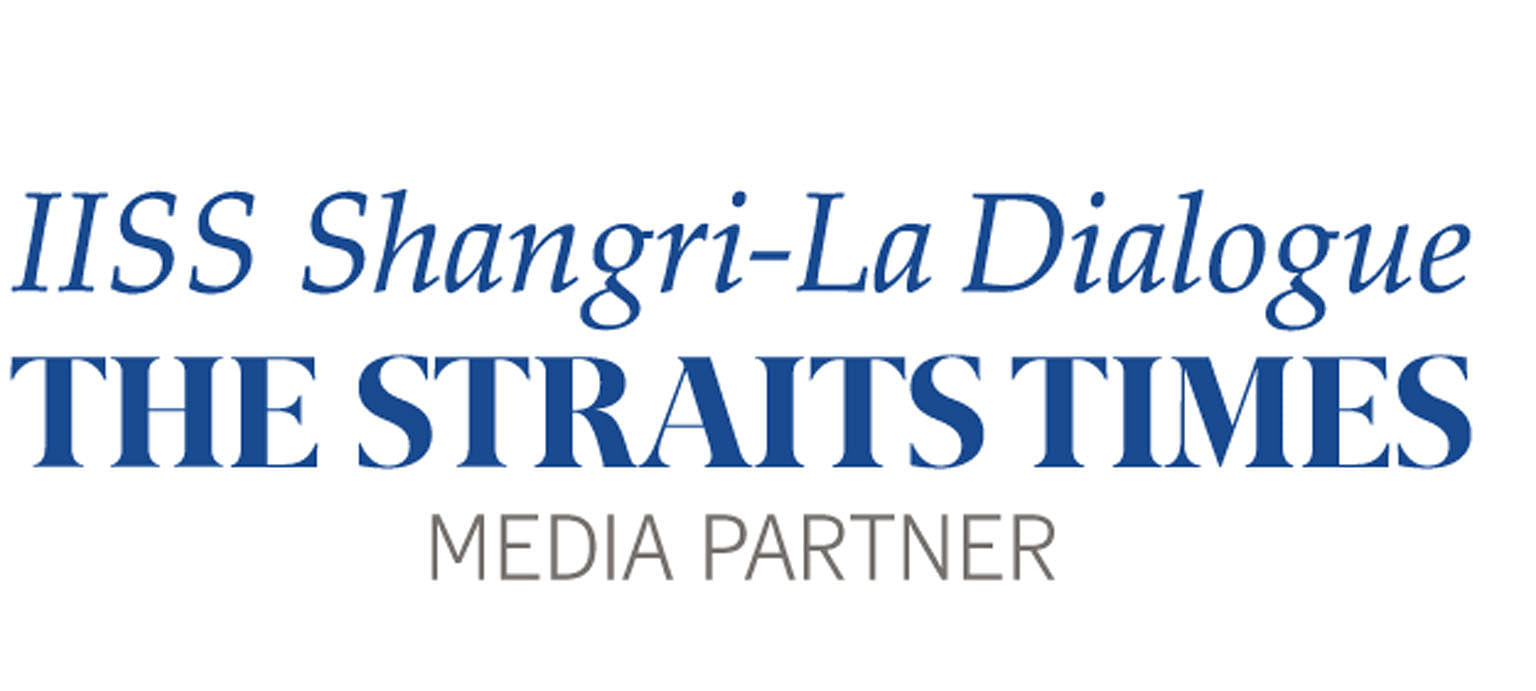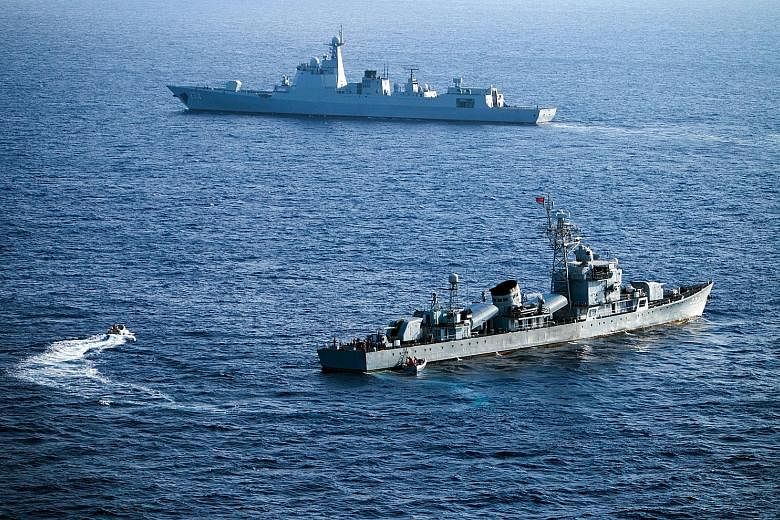The 15th IISS Shangri-La Dialogue Asia Security Summit kicks off today with the Prime Minister of Thailand Prayut Chan-o-cha giving his keynote speech to about 600 delegates.
Twenty-one defence ministers and deputy defence ministers are leading delegations to Singapore this year for the summit, and over 30 countries are represented. Over the course of this weekend, over 40 renowned panellists will address a range of regional security challenges. There is no doubt that tension in the Sino-United States relationship will be a deep undertone at the summit. In his recent landmark visit to Vietnam, US President Barack Obama made some rather pointed remarks directed towards Beijing - "big nations should not bully smaller ones", he stated - adding that the US will stand with partners in upholding core principles of freedom of navigation and overflight in accordance with international law.
Later during his visit, President Obama announced the lifting of the 50-year-old US arms sales ban on Vietnam, removing a "lingering vestige of the Cold War". These words were chosen carefully because this is exactly how China describes the enduring US alliance system in the Asia-Pacific, illustrating fundamental differences in Chinese and US visions for regional order in the Asia-Pacific.
Many Chinese thinkers blame the US' Asia rebalance policy for fuelling a regional containment strategy in Asia and current tensions between Washington and Beijing. The US government does not see it this way, arguing that the reality is quite the opposite. US Deputy Secretary of State Anthony Blinken, for example, has suggested that China's assertive actions are the very reason that some countries in the region have been pushed to deepen their security ties with the US.
In a similar vein, one week ago at a graduating ceremony at the US Naval Academy at Annapolis, US Secretary of Defence Ashton Carter proclaimed that China risks creating a "great wall of self-isolation" because of its behaviour in the South China Sea and in cyberspace. The repeated use of a Chinese national icon as a metaphor for Chinese assertiveness is particularly grating in Beijing - Admiral Harry Harris, Commander of US Pacific Command, described China's island-building campaign in the South China Sea as a "great wall of sand" one year ago.

China's reaction was predictably acerbic - on Monday Foreign Ministry spokesman Hua Chunying accused Dr Carter of adopting a Cold War mentality and scripting a Hollywood movie in which, she stressed, China would refuse any role.

In recent meetings I have held with experts in Beijing, my Chinese hosts observed an inflection point in Sino-US relations and the emergence of a "new balance" in the international order, hitherto dominated by America. Noting "action-reaction" dynamics across the region, some experts acknowledged that a security dilemma between China and the US is under way. Others even feared the inevitability of fighting a local war or a proxy conflict with one of America's regional allies. Significantly, I detected that Deng Xiaoping's "hide and bide" mantra had all but been eclipsed by a sense of assuredness in China's new military capabilities in the wake of President Xi Jinping's recent military reforms. On territorial concerns, Beijing is now apparently prepared to escalate to a point where it can impose a new status quo on its own terms.
Events over the last year and in recent weeks, coupled with the messaging I witnessed in Beijing, would suggest that the Shangri-La Dialogue this year will be dominated by US-China rivalry. However , it is also possible that both the Chinese Ministry of National Defence and the Pentagon want to contain any animosity and to focus on the more positive aspects of their relationship. Both governments have indicated that they are not prepared to allow current tension in the South China Sea to derail the broader bilateral relationship.
This year, as with last, Dr Carter may have intentionally absorbed vitriol from China ensuing from his Annapolis speech in order to vent bilateral pressure before the dialogue, opening the way for discussing more constructive engagement with China during the summit.
Both the US and Chinese delegations are deeply wary of public messaging, especially in the presence at the dialogue of a large international media contingent. In the past few years, the People's Liberation Army delegation has devoted as much energy to protecting its delegation leader from awkward lines of questioning as to the substance of his speech itself. Increasingly, the Pentagon too has attempted to ensure that its senior figures are on-message and that unguarded comments are minimised. This is symptomatic of a US and Chinese hope to avoid public acrimony during a low point in bilateral defence relations.
Senior Colonel Zhou Bo, a senior defence relations expert at China's Ministry of National Defence, described the Shangri-La Dialogue as a "media feast" in an article in this newspaper earlier this week. See https://www.straitstimes.com/ opinion/shangri-la-dialogue- should-not-be-prelude-to- china-us-showdown
That may be true. But he also remarked correctly that, despite fundamental differences, the best hope for the China-US relationship is good management. There is some room for cooperation between China and the US, including curbing the North Korean nuclear threat, counter terrorism and non-traditional security concerns such as irregular migration, all of which are special themes at the summit this weekend. Beyond this, the plenary sessions focusing on managing military competition, Asia's complex security challenges, conflict resolution, common security objectives and the formulation of adroit defence policy should offer some advice to Zhongnanhai and the White House in managing their differences.
•The writer is a senior fellow at the International Institute for Strategic Studies (IISS). This article is also being published in Shangri-La Voices, a Shangri-La Dialogue blog run by IISS.

